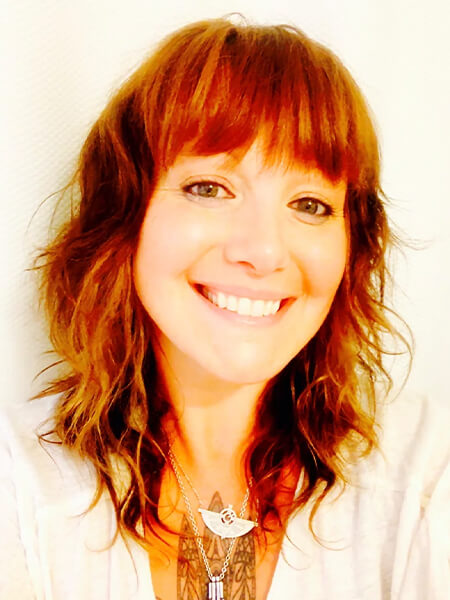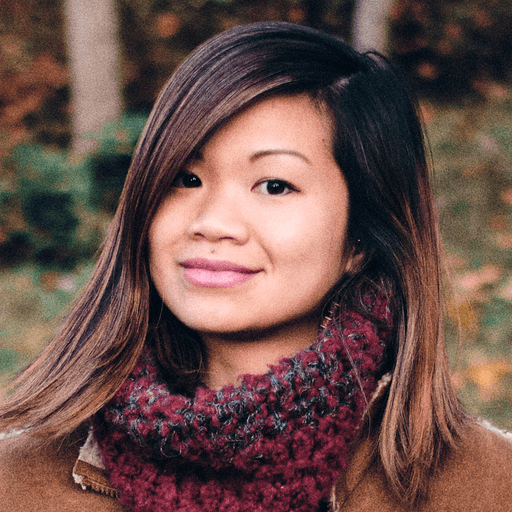We caught up with Makeup Department Head, Tamar Ouziel, who now lives in the Kootenays after working years in the industry in Vancouver, Winnipeg and Toronto. She continues to work in the industry today commuting for work, but has bought property in Nelson and happy to call it home.
Tamar kindly helped us with 2021’s Momentum Masterclass workshop series for the Kootenay Screen-Based Industry. She connected us with industry professionals to give workshops and share industry advice including Alwyn Kumst (csc, sasc), who gave a masterclass workshop on Cinematography: ‘See The Light‘, as well as actress Sarah-Jane Redmond, who gave a workshop on ‘Brave Bold Choices in Character Development and Audition Process‘. We thank Tamar for all of her help!
Interview by Aeja Goldsmith.

1. Did you always want to be a makeup artist when you grew up? How did you break into the film and television industry?
No it wasn’t even on my radar while I was growing up. How did I break in… The short answer is… I was an artist, a music, film geek and wanted to get paid to do art. I loved puppeteering. I did theater as a kid. Loved monster movies. I was actually registered to go to school to do photo journalism when I saw an advert for a makeup school and decided to check out the makeup school.
2. What’s your experience been like as a talented female artist in predominantly Head of Department roles working within a male dominant industry?
I think being a female in any predominantly male dominated industry will always be a challenge. It has definitely gotten better. But there are still battles to be won. So to speak. But you learn how to use your voice with the upmost respect. You stake your claim and delicately and diplomatically represent your department. Every department is important. And respecting all departments is important.
I believe you gain respect by giving it. But more importantly your work and personality is what makes you.

3. What made you interested in moving to the Kootenays and getting involved in the screen-based industry here?
I fell in love with Nelson visiting a friend. Came for the visit and never left. As for why get involved with the screen based industry? I’m a Filmie through and through. The Kootenays have so much to offer the industry! And it’s more accessible than people think. Before I knew about the KSBI group I was chatting with producers and production managers I know and asking their opinions on what it would take to build and bring the industry to the region. I was scouting the area like a location manager. Hahahaha. Then I met Eleanor through a friend and she introduced me to The Civic Theatre and Lynn with KSBI. My goal is to help build a professional working industry. From connecting people and industry to helping with education. To convincing folks to shoot here. And perhaps selfishly to be able to work on some great projects here at home in the Kootenays
4. Are there different kinds of makeup, or makeup techniques, that work best for TV as opposed to film?
No. It’s about medium. What are you shooting with? What are you lighting with? Then you look at what is required character wise. And what the creator, directors vision entails. What the script calls for. What environment you are shooting in. Then you look at your actors. Their skin. Allergies. And go from there to choose what products will and will not be used.

5. Do you find that the makeup industry in film and TV is green and sustainable?
The film / television industry has been working very hard to become more environmentally friendly. The makeup industry in general is very slowly moving to more conscientious products. But it still has a long way to go. A product must be able to be not only “green” but it needs to preform. COVID-19 has definitely set back the greener sustainable cause. To work safely during this strange time more disposables are needed. From tools to PPE (Personal Protective Equipment).
6. You’ve done a lot of FX makeup, for creating realistic wounds, abrasions, etc. How did you learn to replicate those conditions so precisely?
When I went to school I was taught basics. But industry standards change. Materials and products advance and change. You are always learning new techniques. Photo references are a must. (My search engine history is frightening Hahahaha). Understanding color and the products you use is very important. Understanding how the body heals. What instrument were used in said injuries or how the person died etc. Understanding all of that helps develop the gags. The rest is just practice and skill.

7. Any tips you’d give to artists wanting to break into the industry?
Practice. Practice. Practice.
Get a solid education at a reputable makeup school if you can.
Build up your portfolio (online is preferred these days)
Have a great attitude. Good attitude will take you further than skill.
Lots of volunteering.
Take your time. Learn from many department heads and peers. We all learn from each other. Be ok with sweeping the floor. We all do it. Be willing to help your peers.
Don’t gossip.
Have a good understanding of color theory. Understanding less is more. Be willing to make mistakes.
Know how to work with all skin tones.
Understanding skin and skin sensitivity.
Have a good “bedside manor”. The makeup chair sets the mood for the actor for the day.
Get to know the other departments and respect them. There is a lot to learn from them. Because what they do affects what you do.
Understand and learn set etiquette.
Understand and learn the lingo used in the industry.
Don’t fake your experience.
The community is small and quick online checks are easy to do.
Most importantly…. Have fun and love what you do!
8. If you weren’t a makeup artist, what would you be doing?
That’s a very good question. Honestly that’s a hard one to answer. I love what I do. It’s not just work. It’s a passion. Whatever it would be I would hope it still was within the film /television community. Or associated with it. Like I said I’m a Filmie through and through. I would hope it would be creative. I think being a part of KSBI and helping foster a strong professional community. Trying to help bring productions to our regions would be a great start to being that other thing I would enjoy doing.
9. What’s the calling card of bad on-screen makeup?
For natural or beauty looks… Makeup not matching skin tones. Is my biggest pet peeve. For makeup fx… bad sculpts. Badly blended or un blended edges. Are a few I can mention.

10. Which department on set do you have to coordinate with most closely and why?
Many. I work closely with the creators. Writers. Producers. Production managers. Director of Photography/ cinematographer. Camera. Lighting department. Wardrobe. Hair. Props and practical Fx when doing gags. Actors. Background casting. CGI. Stunts. Locations. As for why…. As I mentioned before all departments affect each other. Everyone’s actions/ work affects each other.
11. What are the benefits of being a 1st or 2nd Makeup Assistant versus being the Head of Department?
Benefits of 1sting and seconding over being a department head… That’s easy. Less responsibility. A department head is responsible for everything. They can delegate somewhat to their keys and firsts. But when it comes down to it if the keys and firsts falter it’s the department heads responsibility and head on the “chopping block” so to speak. Department heads are expected (un written) to be available 24/7.
12. What’s left in the makeup industry that gets you excited or you still have yet to try?
Oh. Lots of things. Everyday is different. Every face is a different canvas. Every gig / script has something new to create. There are so many people I’d love to work with/ for. From directors to actors to fellow makeup artists.



